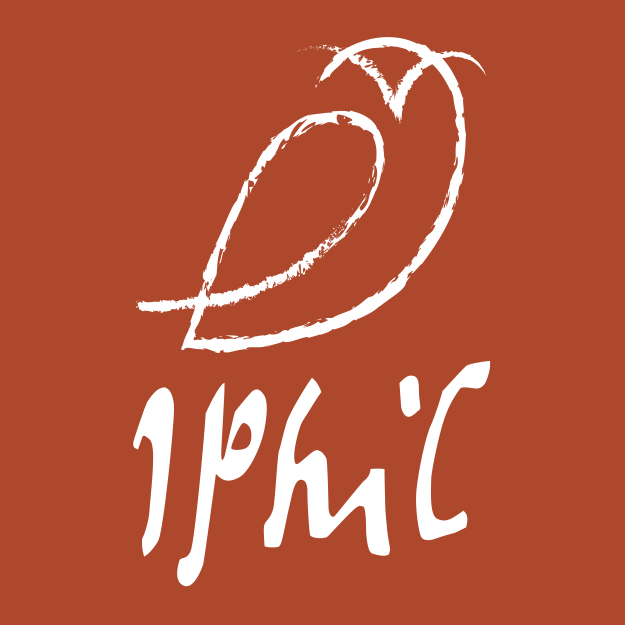The Epistemic and Moral Dimensions of Testimony in Scientific Research
George Kwasi Barimah (doctoral project)
This project examines the expert-lay person relationship by focusing on knowledge transfer and acquisition. The central aim of this project is to answer the question- how can lay persons acquire reliable scientific information which has implications for their life and well-being. For example, information concerning the safety of vaccines and the risks and benefits of clinical trials for research participants. Do lay persons have any role to play in ensuring that they acquire reliable information from the testimony of scientific experts? It appears intuitive that lay persons should exercise some epistemic responsibility in assessing the testimony of scientific experts, especially in an era of ‘commodification of biomedicine’ (Friesen, Redman & Caplan, 2017), industry funding of scientific research and increased political interference in science. However, how is the public expected to go about this epistemic task, given that the contents of scientific reports are often very advanced for the average member of the public to interrogate?
Some social epistemologists such as Goldman (2001) and Anderson (2011) suggest second-order means of assessing scientific testimony. According to Anderson, the public can ‘mostly judge what to believe by judging whom to believe.’ In this case, the important question for the public becomes one of epistemic trust – can I trust this scientist or group of scientists as reliable sources of information? In this project, I shall assess the adequacy of the second-order means of judging scientific testimony by drawing on real-world public health cases in Low and Middle Income Countries (LMICs).
Another aim of this project is to explore, if any, the moral responsibility that the epistemic trust relationship between experts and lay persons place on experts. An important question to answer here is whether the notions of epistemic authority, epistemic dependence and epistemic inequality (Hardwig, 1985) place moral obligations on experts to observe high epistemic standards in their work and also to embrace non-epistemic values of honesty, sincerity and transparency when communicating with lay persons. Moreover, since the expert-lay person relationship depends on trust, this project will seek to chart a path towards trustworthy science.
